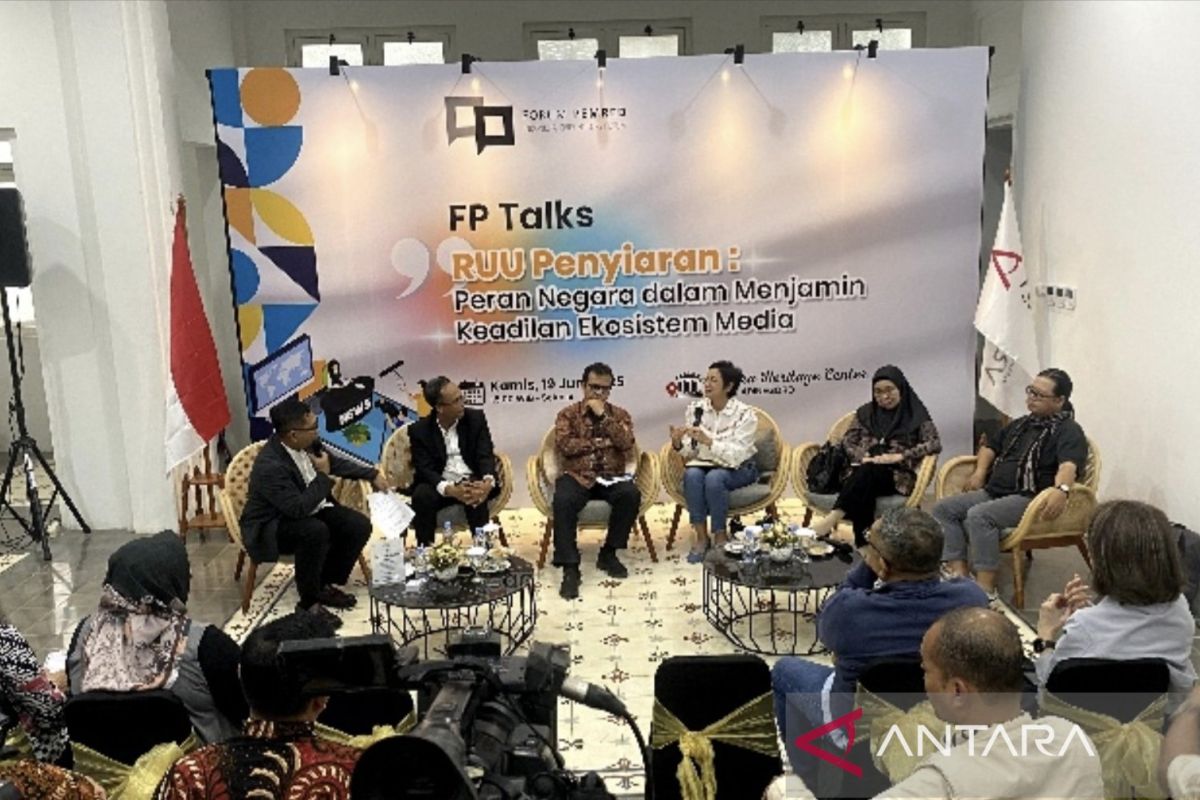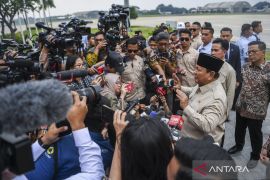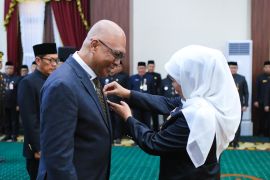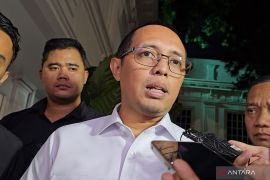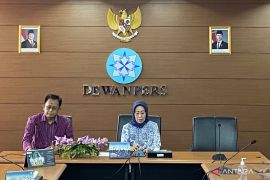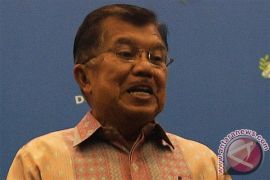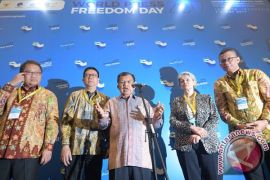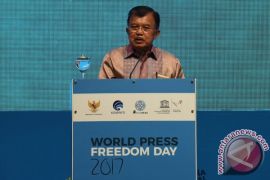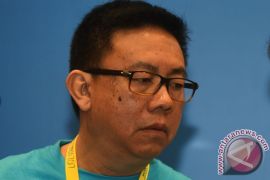"Press and media industry in Indonesia requires support commensurate with other strategic sectors. Favorable policies are crucial to ensure its competitiveness, independence, and quality,"Jakarta (ANTARA) - Deputy Minister of Communication and Digital Affairs (Wamenkomdigi) Nezar Patria affirmed the Indonesian government's commitment to upholding the principle of press freedom, stating that the broadcasting law revision should not restrict editorial staff.
"The broadcasting law revision is being discussed in the DPR (House of Representatives), and we are expecting a swift result to address the current challenges faced by media industry," Patria said in a statement received here on Friday.
In the Chief Editors Forum Talks titled "Broadcasting Bill Draft: The Role of the State in Ensuring Fairness in the Media Ecosystem" on Thursday, June 19, Patria said the government is committed to maintaining the sustainability of the media industry while ensuring that existing regulations do not restrict press freedom.
Nurul Arifin, a member of the House's Commission I overseeing foreign, defence, security, and communication affairs, told the forum that the legislative process for the Broadcasting Bill remains open for public input.
Related news: Press freedom and challenges in digital era
"We, in the DPR, want to hear all views, especially from the press and media community, so that this regulation can be fair, accountable, and not repressive," she said.
Arifin also highlighted the definitional disparities between conventional broadcasting and digital content, specifically related to over-the-top (OTT) services, such as YouTube, Netflix, and TikTok, which are not yet fully addressed by the existing legislation.
"We want this bill to be finalized soon, but there is still homework; therefore, we will invite large digital platforms as soon as possible, such as YouTube, Netflix, and TikTok, so we can find an agreement and include it in the broadcasting bill," Arifin said.
Meanwhile, Chief Editors Forum (Forum Pemred) Chairperson Retno Pinasti stated that nearly all mass media companies currently face challenges, with regulatory parity among mass media, social media, and digital platforms being a significant contributing factor.
"The press and media industries in Indonesia require support commensurate with other strategic sectors. Favorable policies are crucial to ensure their competitiveness, independence, and quality," Pinasti said.
Related news: Publisher rights not anti-digital platforms: Press Council
Translator: Arie Novarina
Editor: Rahmad Nasution
Copyright © ANTARA 2025
